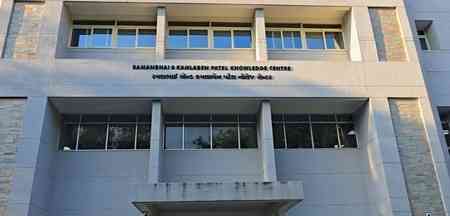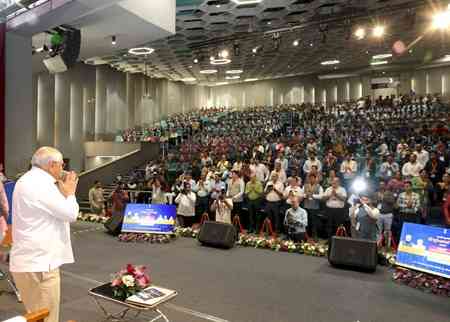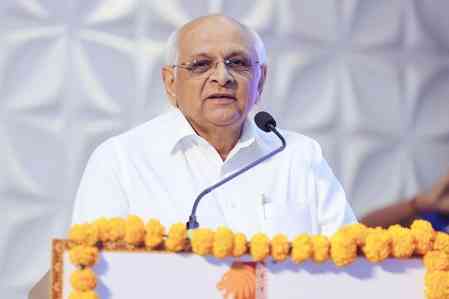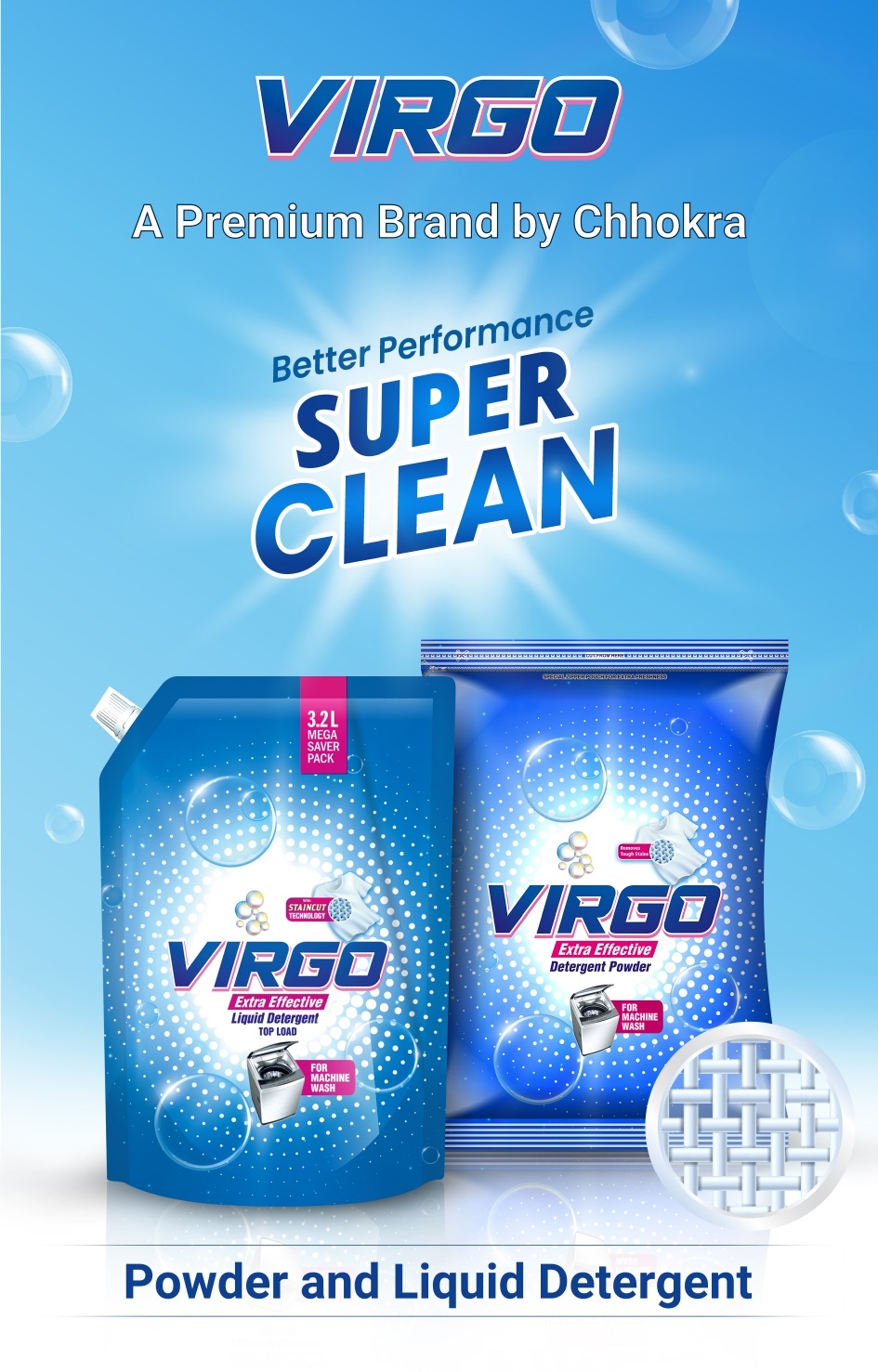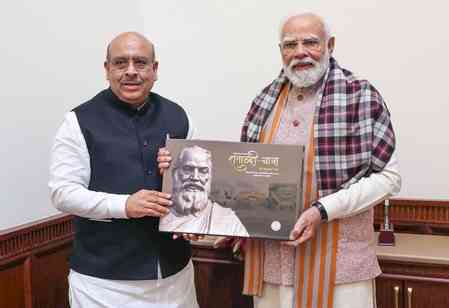Patent granted to PU Researchers on Groundbreaking Water Treatment Technology
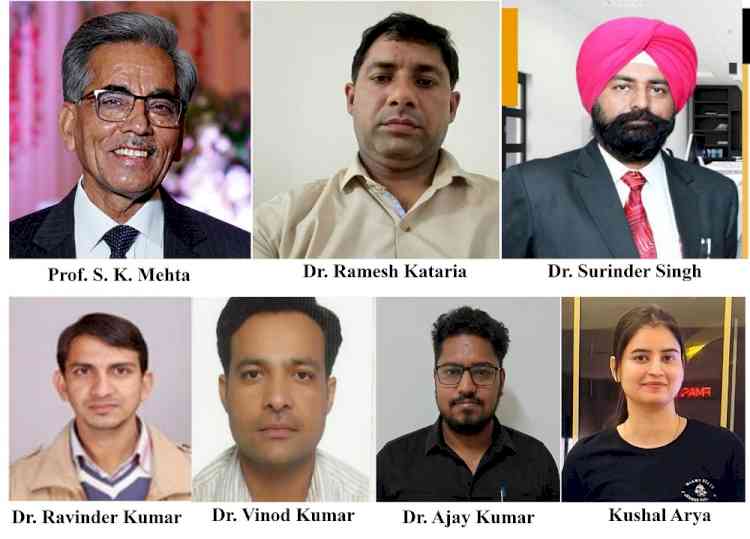
Chandigarh, September 11, 2024: Dr. Ramesh Kataria, Associate Professor at the Department of Chemistry, Panjab University, has been awarded a patent for the innovative water treatment technology. The invention, titled "Framing of rGOCocatalyst on Zn-MOF: A Light-Based Degradation System for Dyed Waste Water Recovery," introduces a novel composite, PUC-8@rGO, that efficiently degrades dye contaminants in wastewater using light. The team behind this breakthrough includes Dr. Ramesh Kataria, Kushal Arya & Ajay Kumar (Research Scholar), Dr. Surinder Singh, Dr. Ravinder Kumar, Prof. S.K. Mehta, and Dr. Vinod Kumar (Central University of Haryana), highlighting the impactful research conducted in India.
This pioneering invention introduces a highly efficient method for degrading dye contaminants in wastewater using a composite material known as PUC-8@rGO. The technology leverages the power of light to activate the photocatalytic properties of the composite, achieving a remarkable 98.6% removal of methylene blue (MB) dye from contaminated water. This advanced material, a combination of metal-organic frameworks (MOFs) and reduced graphene oxide (rGO), offers enhanced adsorption efficiency due to the interaction between the positively charged dye and the negatively charged surface of PUC-8@rGO. The material's larger surface area, provided by rGO, contributes to its superior dye removal capability. One of the standout features of this invention is its dual functionality. In addition to its effectiveness in treating dyed wastewater, the treated water can be repurposed for agricultural irrigation, demonstrating improved utility over untreated dye effluent. The low toxicity of PUC-8@rGO and its capacity to promote seed germination make it an environmentally friendly option for water treatment. The textile industry, which is responsible for a significant proportion of global dye effluent, stands to benefit greatly from this innovative technology. With the industry generating approximately 100 tonnes of dye waste annually, the ability to treat and repurpose this water for irrigation represents a substantial advancement.
Dr. Ramesh Kataria expressed enthusiasm about the patent, stating, "Our team's dedication to solving critical environmental and health issues has led to this significant breakthrough. We are excited about the potential applications of our technology, which can make a real difference in wastewater management and we look forward to seeing the positive impact of our work on both industry and society.


 City Air News
City Air News 
